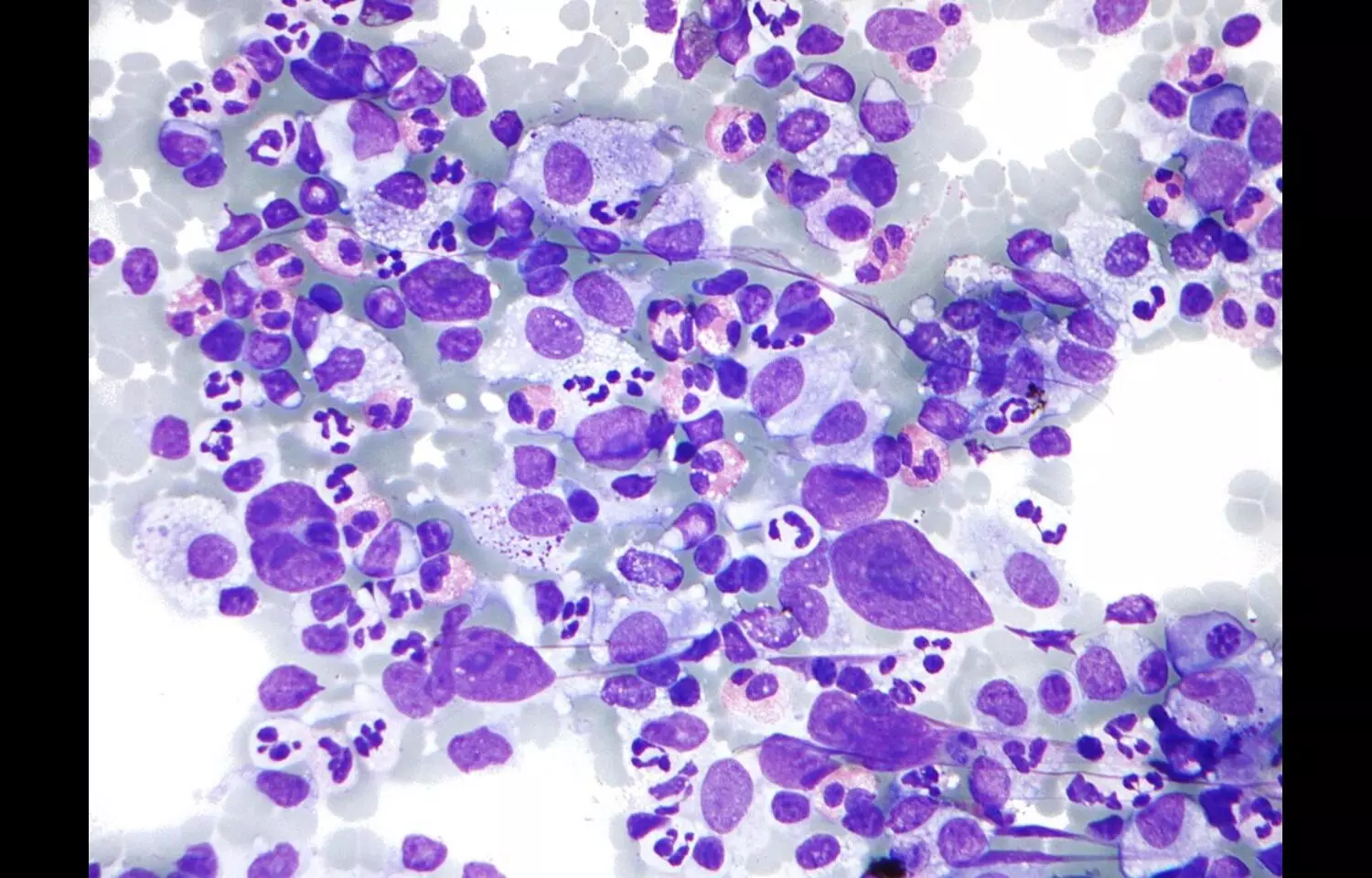Cervical Cancer and Hodgkin Lymphoma Linked to Higher ASCVD Risk: Study
- byDoctor News Daily Team
- 10 September, 2025
- 0 Comments
- 0 Mins

New prospective cohort research has shown that cervical cancer and Hodgkin lymphoma are associated with an increased risk of developing new-onset atherosclerotic cardiovascular disease (ASCVD), independent of shared risk factors. Notably, no such increased risk was observed with other cancers, highlighting a potential disease-specific link that warrants closer clinical attention. The study, published inPLoS Medicine, analyzed long-term follow-up data from cancer survivors to evaluate subsequent cardiovascular outcomes. ASCVD encompasses coronary artery disease, myocardial infarction, and ischemic stroke, and remains a leading cause of morbidity and mortality worldwide. While cancer therapies have long been associated with cardiovascular toxicity, the study’s findings suggest that the elevated risk in cervical cancer and Hodgkin lymphoma patients may extend beyond treatment-related factors, potentially involving disease-specific inflammatory or immunologic mechanisms. Researchers reported that individuals with a history of cervical cancer experienced a statistically significant increase in ASCVD incidence compared to matched controls without cancer. Similarly, survivors of Hodgkin lymphoma exhibited higher rates of coronary and cerebrovascular events, even after adjusting for conventional cardiovascular risk factors such as age, smoking, diabetes, and hypertension. Other malignancies in the cohort did not show a comparable association, indicating that these two cancer types may uniquely influence vascular pathology. The authors emphasize that these findings should encourage clinicians to integrate cardiovascular risk assessment and monitoring into survivorship care plans for patients with cervical cancer and Hodgkin lymphoma. Early identification of high-risk individuals can facilitate preventive strategies, including lifestyle interventions, pharmacologic therapies, and tailored follow-up. Further research is needed to clarify the underlying mechanisms linking these cancers to ASCVD, including potential roles of chronic inflammation, radiation exposure, and immune dysregulation. Understanding these pathways may lead to targeted interventions that reduce cardiovascular risk without compromising oncologic outcomes. Keywords:cervical cancer, Hodgkin lymphoma, atherosclerotic cardiovascular disease, ASCVD, cancer survivorship, cardiovascular risk, cohort study, chronic inflammation, vascular health, prospective research
Disclaimer: This website is designed for healthcare professionals and serves solely for informational purposes.
The content provided should not be interpreted as medical advice, diagnosis, treatment recommendations, prescriptions, or endorsements of specific medical practices. It is not a replacement for professional medical consultation or the expertise of a licensed healthcare provider.
Given the ever-evolving nature of medical science, we strive to keep our information accurate and up to date. However, we do not guarantee the completeness or accuracy of the content.
If you come across any inconsistencies, please reach out to us at
admin@doctornewsdaily.com.
We do not support or endorse medical opinions, treatments, or recommendations that contradict the advice of qualified healthcare professionals.
By using this website, you agree to our
Terms of Use,
Privacy Policy, and
Advertisement Policy.
For further details, please review our
Full Disclaimer.
Recent News
Gum disease could silently cause serious brain dam...
- 03 November, 2025
Can Early-Day Fasting Significantly Boost Metaboli...
- 03 November, 2025
Delhi HC bars doctor from running medical centre d...
- 03 November, 2025
Phase III data for Gazyva/Gazyvaro show significan...
- 03 November, 2025
Daily Newsletter
Get all the top stories from Blogs to keep track.


0 Comments
Post a comment
No comments yet. Be the first to comment!